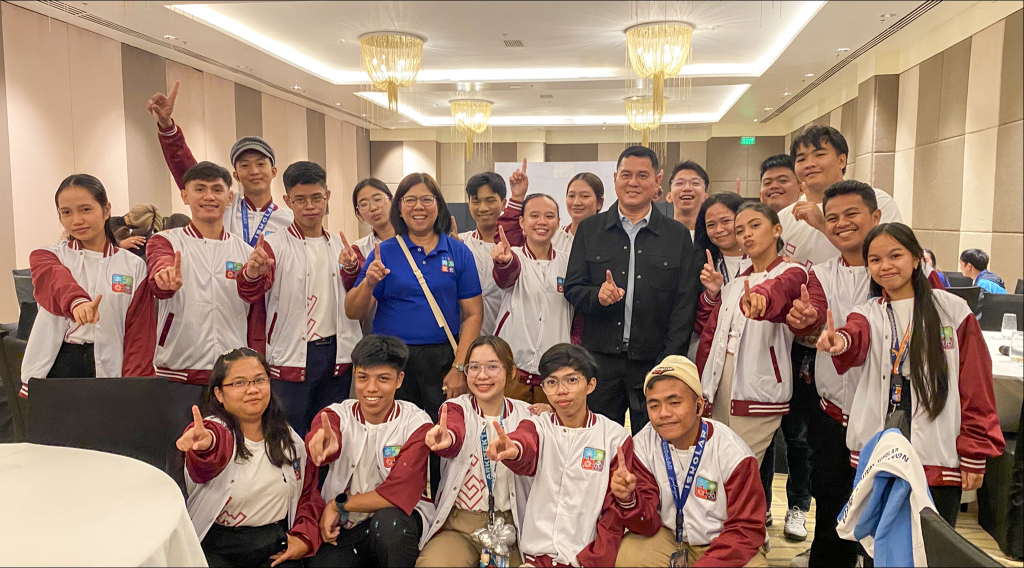
Eight scholar volunteers from the university rendered their services in transcription, translation, documentation, and interview of Science, Technology, Engineering, and Mathematics (STE/STEM) programs in selected schools in Eastern Visayas as they participated in the first stage of implementation of the Inclusive Science and Technology Education Program for Uplifting the Performance of Filipino Learners (i-STEP UP), April 8 to 10, at Summit Hotel, Tacloban City.
The Department of Science and Technology – Science Education Institute’s (DOST-SEI) i-STEP UP is a collaboration with the Department of Education (DepEd) aimed at enhancing STEM education in the country through the conduct of consultative workshops with students, teachers, and administrators – all part of the department’s long term plan.
Stage 1 of the program, named ‘Needs Assessment and Baseline Research,’ was done through Focus Group Discussion (FGDs) and Key Informant Interviews (KIIs) with selected Educational Program Supervisors (EPS), Schools Division Superintendents (SDS), and Science and Math teachers within Eastern Visayas in order to collect insights and status updates on their STEM programs and curriculum.
DOST-EVSU Scholars’ Council For Leadership, Assistance, and Responsibilities (DOST-ESCoLAR) President Angel Kay Nicasio, one of the program’s scholar-volunteers, expressed that they promote the development of a stronger STEM community by functioning as a bridge between students and the DOST through sharing their experiences and the practical application of STEM.
“As DOST scholars, we actively advocate for the growth of a stronger STEM community by serving as a link between students and DOST. We inspire the next generation of STEM professionals by sharing our personal academic journeys and highlighting the real-world value of STEM education,” the organization president said.
Following their benchmarking, the program will proceed with Stage 2, which is ‘Collaborative Implementation’, where DOST performs targeted interventions to address the issue and to be followed by Stage 3,’ Monitoring and Evaluation’ of the interventions performed.
Article by Ton Sierolf Cairo
